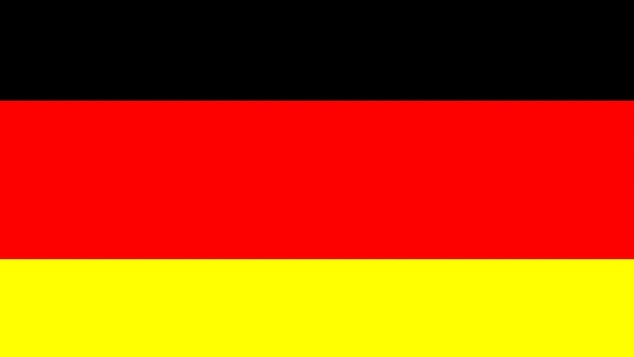For centuries the German language has allocated masculine (der), feminine (die) and neutral (das) gender articles to its nouns, but due to changing attitudes towards gender roles, they may be set to change.
Mark Twain wrote despairingly of this in his essay ‘The Awful German Language’, in which he said “In German, a young lady has no sex, while a turnip has… Think what overwrought reverence that shows for the turnip, and what callous disrespect for the girl.”
The gender articles have become difficult in various situations including universities, as the gender article for ‘student’ is typically male. However, using the male pronoun to address a large group of students is usually inaccurate since it has become socially acceptable for women to study.
The federal justice ministry has emphasized that all state bodies should use gender neutral formulations in their paperwork to avoid associating particular professions with any particular gender. Some lecturers advise that instead of using traditional gender specific terms for students such as “studenten“ or “studentinnen“, they use “studierende” (meaning “those who study”), thus sidestepping any gender specification.
However, many believe such manouvres are too difficult to enact on a consistent basis. Linguist Luise Pusch argues that the language will eventually simplify its gender articles to better reflect the attitudes of the time, as has been done with English since the Middle Ages.
“”Language should be comfortable and fair,
“At the moment, German is a very comfortable language, but a very unfair one.” Pusch reportedly said to The Guardian.
Many linguists are unsure of whether language can be modified so rapidly. “”It’s hard to transform grammar through legislation, and even if so, such changes often happen over centuries,” said Anatol Stefanowitsch, a linguist at Berlin’s Free University.
However, he did point out that some dialects, such as Niederdeutsch (Low German), have discarded the distinction between “der” and “die” already, and simply refer to both men and women as “de”.






